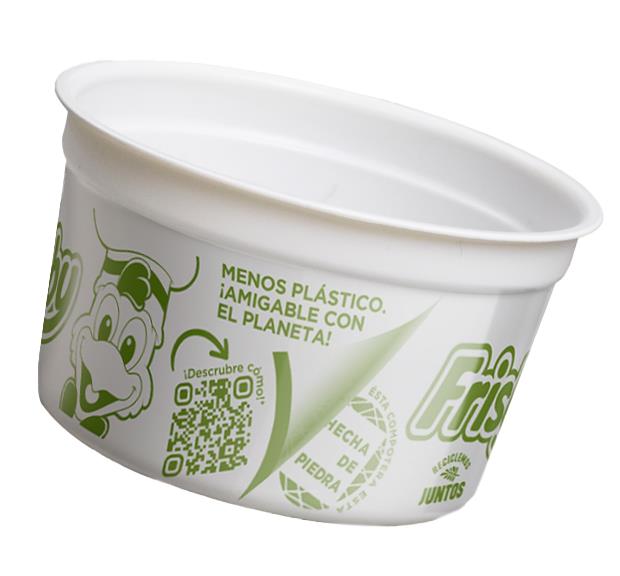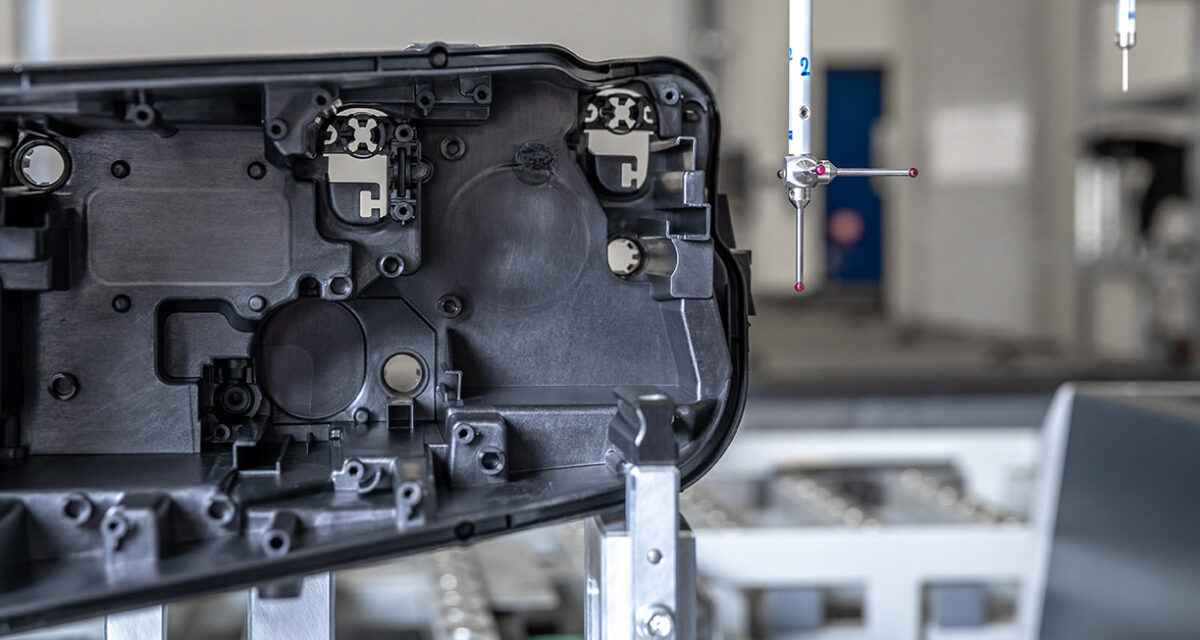Okeanos: Transforming Packaging with Stone-Based Technology

As global demand for sustainable packaging intensifies, Okeanos emerges as a transformative leader with its innovative Made From Stone technology.
By replacing significant portions of plastic with calcium carbonate (CaCO₃), Okeanos effectively reduces plastic content and lowers carbon emissions across its products. This approach addresses critical environmental challenges and ensures product functionality, global scalability, and compatibility with recycling infrastructure.
You can also read: Stone Packaging: The Next Wave in Sustainable Materials?
Ensuring Recyclability with Calcium Carbonate
Okeanos integrates calcium carbonate into its packaging solutions to achieve source reduction, significantly cutting plastic use and minimizing environmental impact. With decades of proven use in plastics processing, calcium carbonate is a familiar material within recycling systems worldwide. Using advanced technologies, Okeanos ensures that its products meet recycling standards by optimizing their density to pass sink-float and IR sortation tests. Moreover, some European recycling systems even consider calcium carbonate beneficial, as it enhances the physical properties of recycled materials.

Sirena T-shirt bag Made of Stone. Courtesy of Okeanos,
Scaling Technology Globally
Operating on five continents and supported by 12 manufacturing plants, Okeanos has successfully scaled its Made From Stone technology worldwide. The company plans to add four additional compounding partners by the end of 2024 to further its global expansion efforts. Although managing new partnerships and finding aligned collaborators presents challenges, Okeanos remains committed to maintaining its rapid growth trajectory and meeting market demand.
Applications Beyond Packaging
Okeanos envisions broader applications for its stone-based solutions that extend well beyond packaging, targeting industries like agriculture, pharmaceuticals, and automotive manufacturing. Additionally, Okeanos sees potential in replacing traditional paper products with its technology, offering a sustainable alternative. By reducing the plastic content of everyday items such as toothbrushes, cereal bags, and milk jugs, Okeanos hopes to reshape consumer behavior and positively influence environmental outcomes.

Okeanos envisions broader applications for its stone-based solutions that extend to industries like automotive manufacturing.
Collaborating to Drive Circular Economy Innovations
Okeanos actively collaborates with industry partners and research institutions to enhance the sustainability and functionality of its materials. For instance, the company explores end-of-life applications, incorporating Made From Stone products into cement, mortar, and decking materials. Additionally, Okeanos is developing closed-loop systems for self-return packaging, with potential applications in retail, stadiums, and airports.
Recognizing the rising interest in compostable bioplastics, Okeanos is also integrating its stone-based technology into these materials. This strategy makes bioplastics more affordable and applicable to a wider range of products, expanding their utility and market reach.
Meeting Shifting Demand
As industries clear misconceptions about calcium carbonate-based packaging, demand for Okeanos’ Made From Stone products continues to rise. Leveraging a global supply chain of calcium carbonate from 180 locations, Okeanos is well-equipped to meet the growing demand. The company envisions endless opportunities for its solutions, from traditional packaging applications to replacing plastic in a wide range of consumer products.
Vision for the Future
In just five years, Okeanos has partnered with leading consumer packaged goods (CPG) companies to deliver solutions that reduce plastic content and carbon footprints. The company measures its success by the environmental impact achieved, including virgin plastic replaced, CO₂ emissions prevented, and the number of consumers educated about sustainability.
Looking forward, Okeanos aims to maintain its growth, expand into new industries, and continue transforming the global plastic supply chain. With its stone-based technology, Okeanos aspires to make a meaningful and lasting impact on sustainability across multiple industries.
